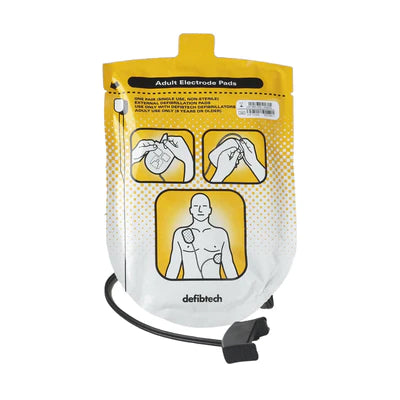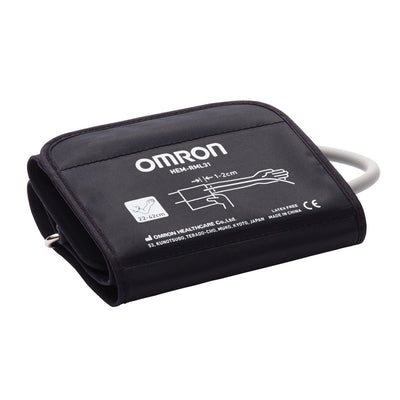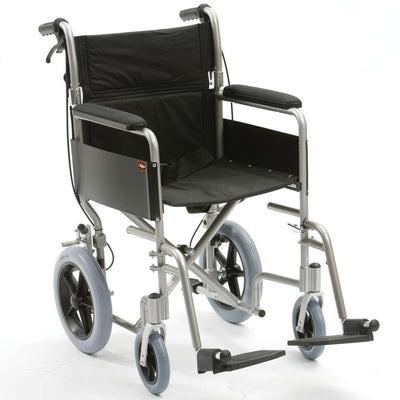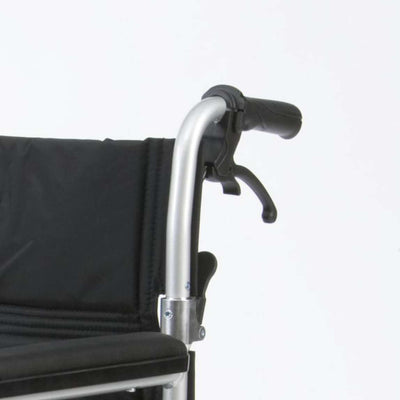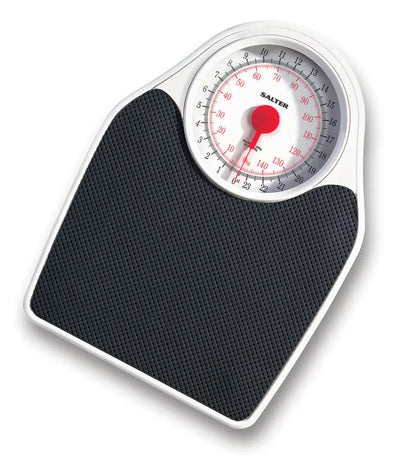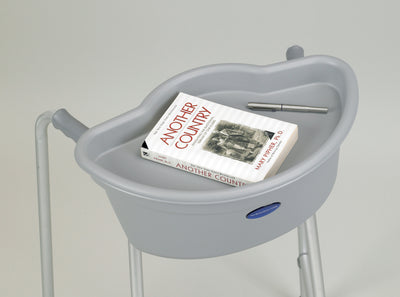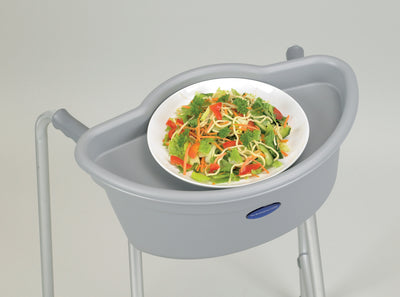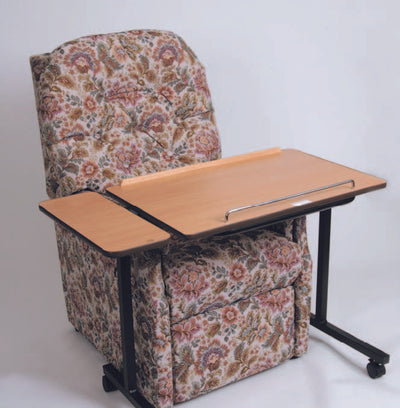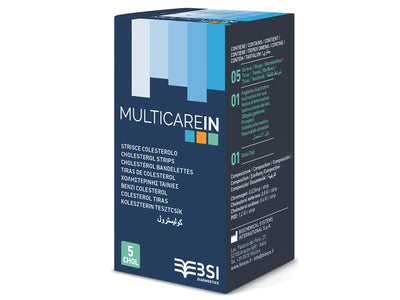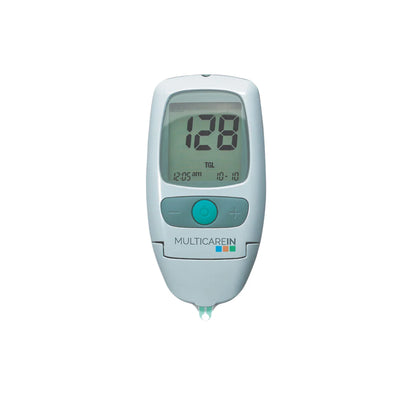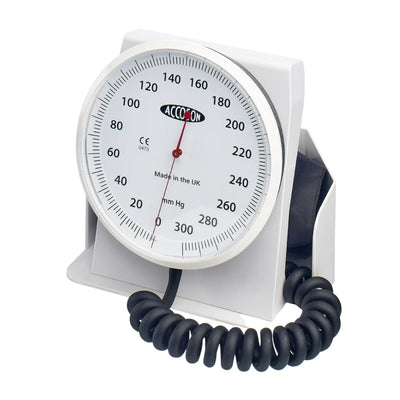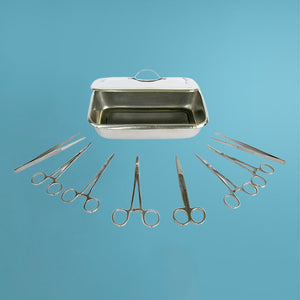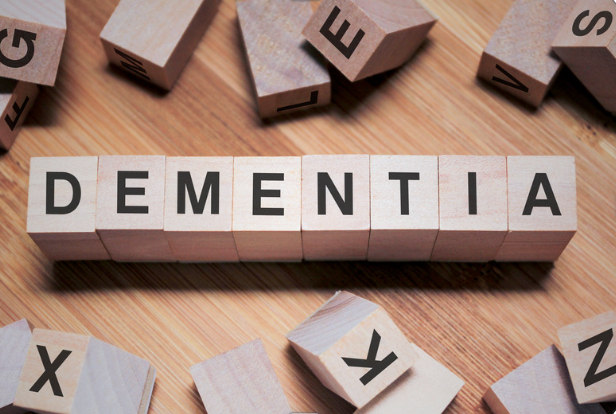Imagine a deep and intricate maze of thoughts and memories within our minds. However, hidden within this maze, exists a terrifying presence that slowly erases the threads of our identity. This eerie phenomenon is known as Frontotemporal Dementia (FTD). FTD is a rare condition, accounting for just 1 in 20 dementia diagnoses.
The discovery of Frontotemporal Dementia (FTD) can be traced back to the late 19th century when pioneering neurologists began unravelling the complexities of various neurological disorders. It was during this era that Arnold Pick, a Czech neurologist, first identified a distinct form of dementia characterised by significant behavioural and language impairments.
Today, ongoing research continues to shed light on the complexities of FTD, exploring its genetic underpinnings, neurobiological mechanisms, and potential therapeutic avenues. Bringing a sounding awareness to the public, particularly in light of Hollywood actor Bruce Willis' recent diagnosis. The journey to discover and comprehend FTD has been a collaborative effort of brilliant minds, paving the way for improved diagnosis.
From ancient times to modern science, this blog post carries us through a journey of discovery, unravelling the mysteries of FTD and shining a spotlight on its unique symptoms, risk factors, and the strategies that empower both patients and caregivers alike.
What is FTD?
Frontotemporal Dementia (FTD) is an "umbrella term" encompassing a group of dementias that primarily affect the frontal and temporal lobes of the brain. It is a progressive neurodegenerative disorder that primarily affects the frontal and temporal lobes of the brain. It is characterised by changes in behaviour, personality, and language abilities. FTD is a relatively rare form of dementia, accounting for about 10-20% of all dementia cases.
When the frontal and temporal lobes of the brain's nerve cells undergo degeneration, it results in FTD. Although the precise reason for this degeneration is not yet known, it is thought to be linked to aberrant protein accumulations in the brain. In some cases, FTD is associated with genetic mutations inherited from family members, while in other cases, the cause is unknown.
As the condition advances, individuals may have a greater variety of symptoms, including cognitive decline, memory loss, and issues with mobility and coordination, leading to severe impairment and reliance on others for everyday tasks.
Who is at Risk of FTD?
While dementia typically emerges in the twilight years of life, Frontotemporal Dementia (FTD) ventures beyond the expected boundaries. FTD can affect both men and women and typically manifests between the ages of 40 and 65, although it can occur in individuals both younger and older. Unlike other forms of dementia that are more commonly associated with older age, FTD often strikes during a person's prime working and family-building years.
Symptoms of FTD
Understanding these symptoms is crucial for both patients and their loved ones to navigate the challenges that FTD presents. This will help with understanding how to both handle and give care to individuals with this condition.
Let's delve into the details of the symptoms of FTD:
- Personality and Behaviour Changes:
One of the hallmark symptoms of FTD is a significant alteration in personality and behaviour. Individuals may exhibit unusual or inappropriate behaviour, such as making socially inappropriate comments or gestures, showing a lack of empathy or concern for others, or displaying impulsive and reckless actions.
Neglecting personal hygiene, overeating, and experiencing a loss of motivation are also common manifestations. These changes can be puzzling and distressing for both the individual and their loved ones.
- Language and Communication Problems:
FTD often impacts language and communication skills. Patients may experience difficulty finding the right words or struggle with articulation, resulting in slow or hesitant speech. They may encounter challenges in forming grammatically correct sentences or expressing their thoughts coherently. Additionally, the inappropriate use of words or misplacing them in sentences can occur, leading to confusion or misunderstandings during conversations.
- Memory Problems:
Unlike more common forms of dementia like Alzheimer's disease, memory problems tend to manifest later in the progression of FTD. While memory may initially remain relatively intact, individuals may start experiencing difficulties in recalling recent events or retaining new information. The decline in memory function is typically overshadowed by the prominent personality and behavioural changes observed in FTD.
- Problems with Mental Abilities:
Cognitive impairment is another significant aspect of FTD. Individuals may struggle with concentration and attention, finding it challenging to focus on tasks or stay engaged in conversations. They may also face difficulties with planning, organisation, and problem-solving. These cognitive deficits can have a profound impact on daily functioning, affecting work performance, decision-making, and overall independence.
It is important to note that the symptoms of FTD can vary among individuals, and not everyone will experience all of these manifestations. Additionally, the specific symptoms and their severity may depend on the affected areas of the brain.
Early detection and diagnosis are crucial for timely intervention and management of FTD. If you or your loved ones notice any of these symptoms, it is advisable to seek medical evaluation and support from healthcare professionals specialising in dementia care.
Together, we can navigate the complexities of FTD, fostering understanding, empathy, and effective strategies to enhance the quality of life for individuals living with this condition.
It's important to note that FTD symptoms develop gradually over time, becoming more pronounced as the disease advances.
Quick Therapy for FTD
Although significant research is underway to understand in depth the underlying causes of FTD, there is currently no known prevention or cure for this condition. However, there are practical strategies that can improve the quality of life for both patients and caregivers. The focus is on enjoying life while implementing techniques to alleviate challenges associated with FTD.
In conclusion, it is nice we go over in summarised bits what we learnt from this blog post.
- Frontotemporal Dementia is a lesser-known form of dementia that affects a specific region of the brain responsible for personality, behaviour, language, and speech.
- Understanding the symptoms and risk factors associated with FTD is crucial for early detection and effective management.
- While there is currently no cure for FTD, adopting practical strategies and seeking support can significantly improve the lives of patients and their caregivers.
If you need further assistance or advice on medical and homecare supplies, don't hesitate to reach out to Mediworld. With over 40 years of experience in medical, surgical, mobility, and home health supplies, our knowledgeable team is always ready to offer support and guidance. Remember to explore our numerous other informative health blogs to stay informed and empowered.
We hope this article has provided you with valuable insights into FTD, encouraging a deeper understanding of this less-known form of dementia. Stay informed, seek support, and remember that you're not alone in this journey.


